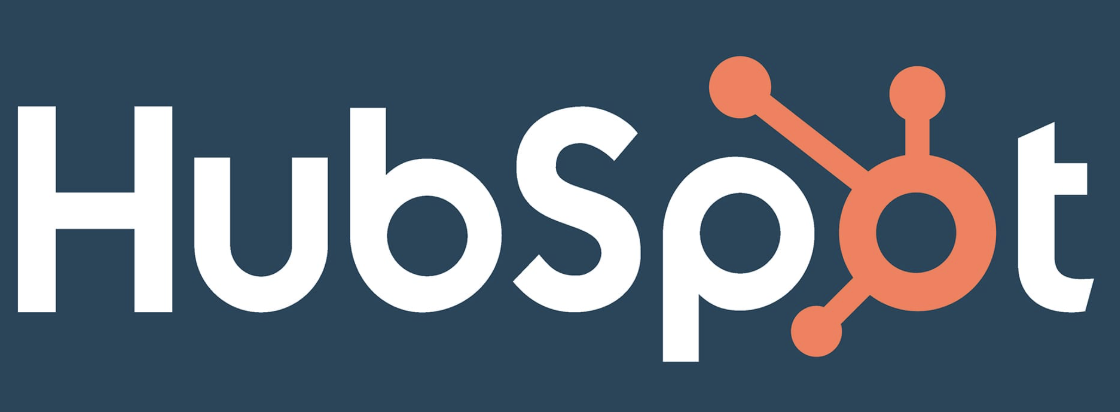
Back to hub
Blog
Marketing
Software
The 10 best CRM Software Programs in 2025: Solutions to Transform your Business

Mathieu Co-founder
Published on May 27, 2025Updated on Nov 24, 2025
Choosing the right CRM software in 2025 isn't just about managing contacts anymore—it's about transforming your entire customer relationship strategy with AI-powered insights, automation that actually works, and features that scale with your business. Whether you're a solo entrepreneur juggling prospects or an enterprise managing thousands of customers, finding the perfect CRM can feel like searching for a needle in a haystack.But here's the thing: 91% of business organizations with at least 10 employees utilize CRM in their operations, and the CRM market is poised to grow further in the upcoming years. The CRM market is projected to reach $163 billion by 2030, growing at an annual rate of 14.6%.Think of this guide as your GPS through the CRM landscape—we'll navigate the twists and turns so you can find the destination that's perfect for your business needs.
What Makes CRM Software Essential in 2025?
Let's be honest: the business world has changed dramatically. Remote teams, digital-first customers, and AI-powered everything have reshaped how we think about customer relationships. Modern CRM software isn't just a digital Rolodex—it's your business's nervous system, connecting every touchpoint and interaction.These platforms have become indispensable to sales, marketing and support teams, helping them understand more about the people they're communicating with to better meet their needs and achieve business objectives.
The Game-Changing Benefits of Modern CRM
Enhanced Customer Understanding: The sales funnel data generated by CRM software helps you gain a better understanding of what your customers want. Over time, you get to know what keeps prospective new clients in the funnel long enough to make an inquiry or purchase.Performance Monitoring: With a CRM, you get to see which team members are performing better than others. CRM systems allow you to identify training opportunities for those struggling and make sure the top sellers get the best leads.Improved Productivity: Think about it—if your sales team spends 80% of their time on administrative tasks, when do they actually sell? Modern CRMs flip this equation by automating the mundane and amplifying the meaningful.
Top 10 CRM Software Solutions for 2025
1. HubSpot CRM - Best Overall for Small to Medium Businesses

Why It Stands Out: HubSpot's omnichannel functionality allows seamless one-on-one and mass communication with customers and prospects. Every interaction is recorded, enriching each customer profile.
Key Features:
Free forever plan with robust functionality
AI-powered automation for lead nurturing
Integrated marketing hub for complete campaign management
Intuitive drag-and-drop interface
Advanced reporting and analytics
Pricing: Free plan available; paid plans start at $45/month
Best For: Growing businesses that want to scale their marketing and sales efforts without breaking the bank
Real Talk: HubSpot is like that friend who's always got your back—reliable, helpful, and grows with you. The free plan alone offers more features than some paid competitors.
2. Nutshell – The Best Choice for Small and Medium-Sized Businesses Looking for a Simple and Fast CRM
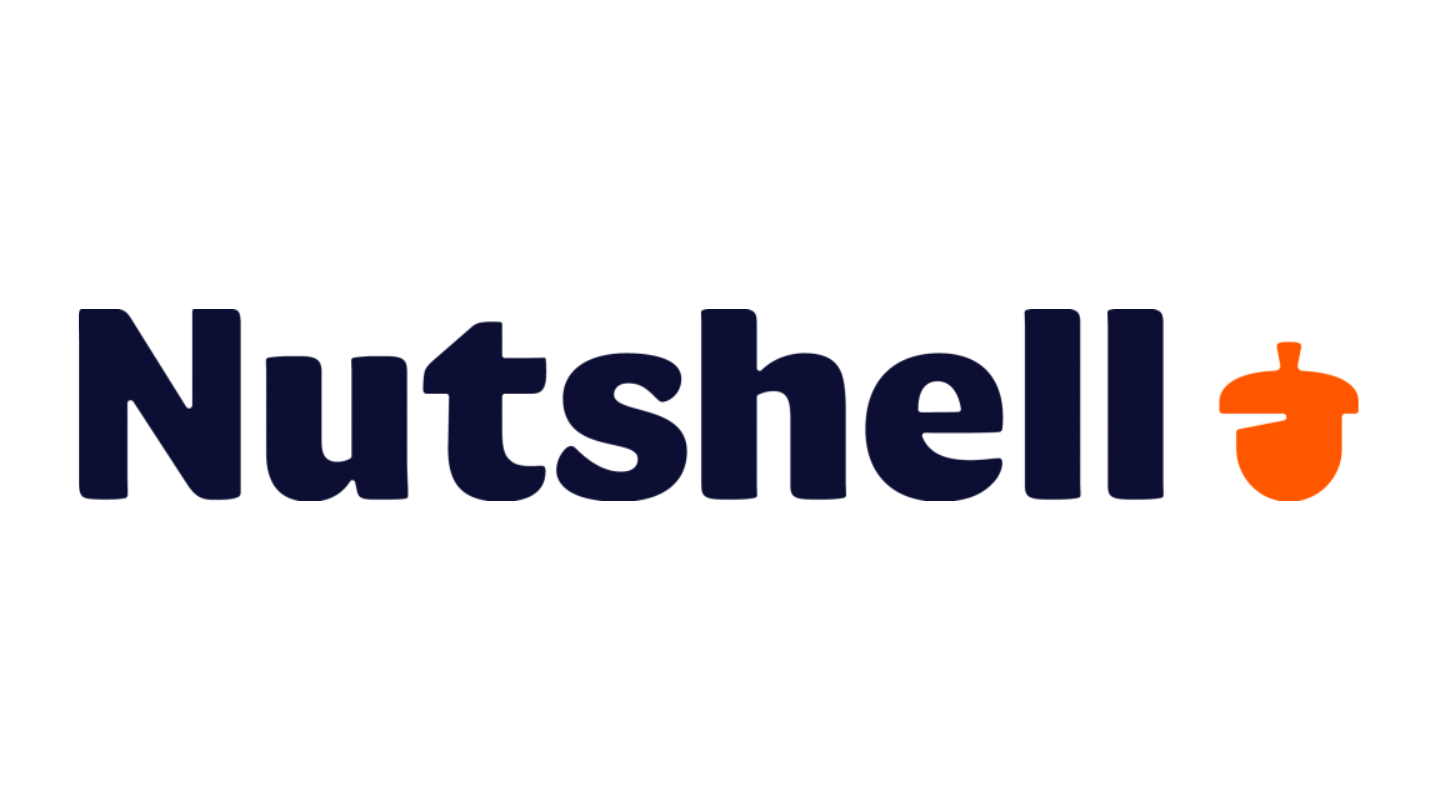
Why it stands out: Nutshell helps teams save time with ultra-fast setup and an intuitive interface, while remaining very affordable. It’s ideal for small and medium-sized businesses looking for an efficient and easy-to-use CRM.
💡 Good to know: Nutshell offers a 14-day free trial.
Key Features:
Helps teams save time
Fast setup and ease of use
Affordability
Ideal for small-to-mid-sized businesses
Pricing: Nutshell plans range from approximately $13 to $79 per user per month, depending on features and plan level.
Ideal for: Small and medium-sized B2B businesses looking for a simple, clear, and scalable CRM.
In short: Nutshell provides a highly accessible CRM solution without compromising on essential capabilities. It allows teams to get started quickly, manage their contacts and communications efficiently, and scale as their business grows.
3. Salesforce Sales Cloud - Best for Enterprise and Customization

Why It's a Powerhouse: Salesforce continues to be a dominant force in the CRM industry, offering a highly customizable platform suitable for businesses of all sizes. Its cloud-based architecture facilitates seamless access and collaboration across teams.
Key Features:
Einstein AI for predictive analytics and lead scoring
Unlimited customization possibilities
Robust automation workflows
Advanced pipeline management
Enterprise-grade security
Pricing: Starting at $25/user/month (Essentials) up to $300/user/month (Unlimited)
Best For: Large enterprises and businesses requiring extensive customization and integration capabilities.
The Reality Check: Salesforce is incredibly powerful, but it's like getting a Formula 1 car when you need a daily driver. Salesforce is very powerful, which can sometimes be overwhelming... its interface is complex and feature-rich, which can initially overwhelm new users. The sheer number of features can complicate it, contributing to a significant learning curve.
4. Pipedrive - Best for Sales-Focused Teams

Why Sales Teams Love It: With Pipedrive's CRM, enjoy visual pipeline management, a chatbot for lead generation, various marketing and sales automation features and customizable dashboards. This management software is especially useful for small to medium-sized businesses.
Key Features:
Visual sales pipeline that's actually intuitive
AI-powered sales assistant for next-step recommendations
Email tracking and automation
Mobile-first design
Goal setting and progress tracking
Pricing: Starting at $14.90/user/month
Best For: Sales-driven organizations that want simple, effective pipeline management.
5. Zoho CRM - Best Value for Money

Why It's a Smart Choice: Zoho offers an incredible feature-to-price ratio with AI assistant Zia that helps automate routine tasks and provides intelligent insights.
Key Features:
Zia AI assistant for automation and insights
Multi-channel communication
Advanced analytics and forecasting
Workflow automation
Social media integration
Pricing: Starting at $14/user/month
Best For: Cost-conscious businesses that don't want to compromise on features.
6. Microsoft Dynamics 365 - Best for Microsoft Ecosystem
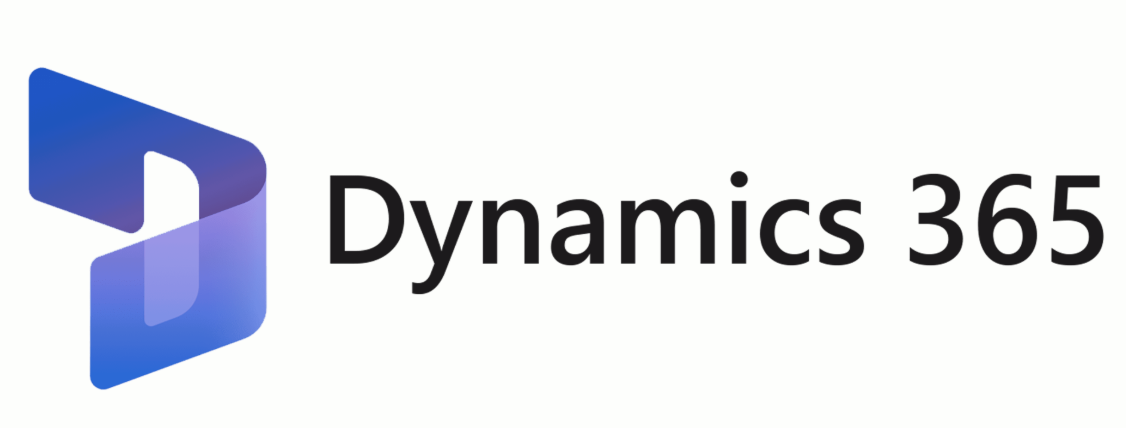
Why Microsoft Users Choose It: Microsoft is a prominent global vendor of customer relationship management platforms, thanks to Dynamics 365. The solution integrates with other tools in the tech company's portfolio, such as Microsoft Power BI, Teams, and Outlook
Key Features:
Seamless Office 365 integration
AI Copilot for intelligent assistance
Advanced customization options
Industry-specific solutions
Unified business applications
Pricing: Starting at $65/user/month
Best For: Organizations already invested in the Microsoft ecosystem.
7. Freshsales - Best for Customer Service Integration

Why It's Different: Freshsales excels at combining sales CRM with customer service, creating a unified customer experience.
Key Features:
Built-in phone and email
AI-powered lead scoring
Multi-channel communication
Advanced reporting
Customer service integration
Pricing: Starting at $15/user/month
Best For: Businesses prioritizing customer service alongside sales.
8. Insightly - Best for Project-Driven Businesses
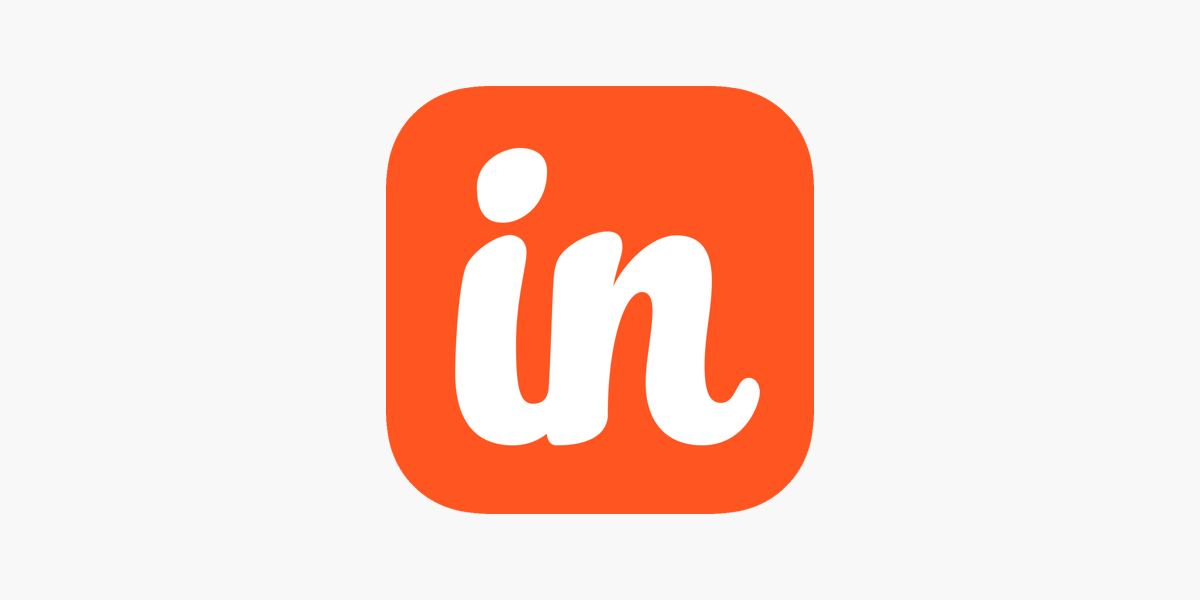
Why Project Managers Love It: Insightly is a powerful CRM tailored for project-driven businesses that need a combination of sales and workflow automation. Project & Task Management: Integrates CRM with project tracking tools.
Key Features:
Project management integration
Pipeline automation
Relationship mapping
Custom dashboards
Lead routing automation
Pricing: Starting at $29/user/month
Best For: Service businesses and agencies managing client projects.
9. Monday.com CRM - Best for Visual Project Management
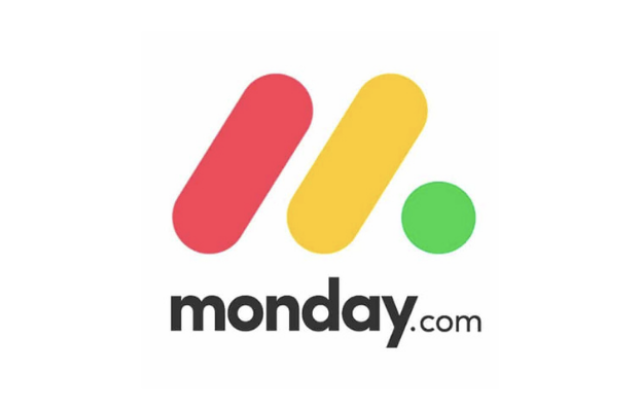
Why Teams Choose It: monday CRM offers a visual and customizable platform designed to streamline any sales process and improve team collaboration. Its AI-powered tools make it easy to create automations, optimize sales strategies, and gather actionable customer data. With a visual interface that's as easy to use as it is effective, monday CRM is ideal for businesses looking to use AI to work smarter, not harder.
Key Features:
Visual workflow boards
AI-powered automation
Customizable templates
Team collaboration tools
Integration marketplace
Pricing: Starting at $10/user/month
Best For: Teams that think visually and want flexibility in workflow design.
10. Copper - Best for Google Workspace Users

Why Google Users Love It: Built specifically for Google Workspace, Copper automatically captures data from Gmail and Google Calendar.
Key Features:
Native Google integration
Automatic data capture
Pipeline management
Email tracking
Mobile app
Pricing: Starting at $25/user/month
Best For: Teams heavily invested in Google Workspace.
Essential Features to Look for in 2025 CRM Software
AI and Automation Capabilities
In 2025, look for enterprises to seek out targeted AI use cases that deliver measurable value to the organization in areas of customer satisfaction, automated business processes, and enhanced sales revenue.The best CRMs now offer:
Predictive lead scoring
Automated email sequences
Intelligent data entry
Sales forecasting
Sentiment analysis
Integration Ecosystem
CRM integration as the top trend buyers should pay attention to right now. Look for a solution that integrates other important software solutions. They must act 'in concert' with each other, as if they are one.Your CRM should play nicely with:
Email marketing platforms (like Emelia.io for B2B outreach)
Accounting software
Marketing automation tools
Video conferencing platforms
Social media management tools
For B2B companies focusing on outreach and lead generation, platforms like Emelia.io complement CRM systems perfectly by providing advanced cold email capabilities, LinkedIn prospecting, and contact data extraction. This combination allows sales teams to generate leads through Emelia.io and seamlessly manage them through their CRM of choice.
Mobile Optimization
With the increasing need for remote access to business tools, ensure that the CRM offers a mobile version or is mobile-optimized. This allows your team to access customer data and perform essential tasks from anywhere, increasing productivity and responsiveness.
Advanced Analytics and Reporting
Modern CRMs should provide:
Real-time dashboards
Custom report builders
Sales performance metrics
Customer behavior insights
ROI tracking
CRM Pricing Breakdown: What to Expect
Business Size | Expected Monthly Cost | Key Features |
|---|---|---|
Solo Entrepreneur | $0-$25/month | Basic contact management, limited integrations |
Small Business (5-20 users) | $15-$75/user/month | Automation, integrations, basic analytics |
Medium Business (20-100 users) | $50-$150/user/month | Advanced features, custom workflows, API access |
Enterprise (100+ users) | $100-$300+/user/month | Unlimited customization, advanced security, dedicated support |
CRM software pricing for small businesses usually begins from $9.99/month. This can go up to $300/month for fully-featured CRM applications with premium features. This broad range of prices helps businesses of any size find a tool that fits their budgetary needs.
How to Choose the Right CRM for Your Business
1. Define Your Must-Have Features
Before getting dazzled by fancy features, ask yourself:
What's your primary pain point?
How many users will need access?
Which integrations are non-negotiable?
What's your realistic budget?
2. Consider Your Industry Needs
The best CRM for a given industry depends on specific needs like integration with industry-specific tools, compliance with regulatory requirements, and the ability to handle the particular sales and service processes of that industry.
3. Think About Scalability
While larger CRMs like Salesforce require weeks (or months) to customize and deploy, small business CRMs are designed for quick setup and immediate impact. A small business owner can import contacts, set up workflows, and start tracking leads within hours.
4. Test Drive Before You Buy
Most CRM providers offer free trials. Use them! It's like test-driving a car—you want to know how it feels before you commit.
2025 CRM Trends That Matter
Agentic AI Takes Center Stage
agentic AI takes CRM to another level. Rather than relying on preset rules, agentic AI can act independently — and customer support automation and business intelligence are two of the technology's early promising use cases.
Composable CRM Architecture
The composable CRM movement is picking up steam, with Creatio leading the way, and other CRM vendors following suit. This means you can pick and choose specific functionality modules rather than being forced into an all-or-nothing approach.
Enhanced Personalization
By analyzing customer behavior and preferences, AI can deliver highly personalized marketing messages and product recommendations, improving customer satisfaction and loyalty. Personalization: Tailored communications and offers based on customer data.
IoT Integration
The Internet of Things (IoT) is becoming increasingly integrated with CRM systems. IoT devices collect valuable customer data, providing insights into user behavior and preferences. This integration allows businesses to create highly targeted marketing campaigns and offer personalized services.
Common CRM Implementation Mistakes to Avoid
Mistake #1: Choosing Based on Price Alone
Remember, the cheapest option often becomes the most expensive when you factor in lost productivity and opportunity costs.
Mistake #2: Ignoring User Adoption
A major problem with CRM is that vendors have stuffed so many features in their CRM packages that customers are overwhelmed. "I've talked to a bunch of customers who are using the leading CRM solutions, and they tell me that they can't keep up with the pace of innovation".
Mistake #3: Poor Data Migration Planning
Moving from spreadsheets or an old CRM? Plan your data migration carefully—garbage in, garbage out.
Mistake #4: Skipping Training
Even the best CRM is useless if your team doesn't know how to use it effectively.
The ROI of Implementing CRM Software
Let's talk numbers that matter:
Top marketers believe CRM systems can improve sales by 29%
Around 82% of successful companies use CRM software for sales reporting
Average ROI: $8.71 for every dollar spent on CRM
Sales productivity increase: 30% on average
Customer retention improvement: 27% increase
Think of CRM investment like planting a tree—the initial cost might seem significant, but the long-term benefits compound exponentially.
Integration Spotlight: CRM + Outreach Platforms
For B2B companies serious about scaling their outreach efforts, integrating your CRM with specialized outreach platforms creates a powerful one-two punch. While your CRM manages the relationship lifecycle, platforms like Emelia.io excel at the initial prospecting and engagement phase.This combination allows you to:
Extract prospects from LinkedIn Sales Navigator
Find verified email addresses and phone numbers
Launch personalized cold email campaigns
Automatically sync new leads into your CRM
Track the entire customer journey from first touch to closed deal
The key is choosing tools that complement rather than compete with each other.
Future-Proofing Your CRM Choice
Look for API-First Architecture
The future of AI CRM includes advanced personalization, predictive analytics, and deeper integration with other technologies, driving more efficient and effective customer relationship management.
Consider Data Portability
What happens if you need to switch CRMs? Choose platforms that make data export straightforward.
Evaluate Vendor Stability
Research the company behind the CRM. Are they financially stable? Do they have a track record of innovation?
Security and Compliance
Compliance with privacy and regional laws is essential for businesses operating across geographies.
Small Business vs. Enterprise CRM Needs
Small Business Priorities:
Ease of use over feature complexity
Quick implementation (days, not months)
Affordable pricing with room to grow
Essential integrations that work out of the box
Enterprise Requirements:
Advanced customization capabilities
Robust security and compliance features
Dedicated support and training resources
Scalability for thousands of users
While small-business CRMs may no longer suffice for companies facing the complexities of diverse business models, larger enterprise-grade systems might feel overwhelming or unnecessary for smaller teams. This list of the top 10 mid-sized CRMs for 2025 highlights the varied capabilities of different platforms.
Making Your Final Decision: A Practical Framework
The 30-60-90 Day Test
30 Days: Focus on basic setup and data import
60 Days: Implement core workflows and train your team
90 Days: Measure results and optimize processes
The "Saturday Test"
If you can easily use your CRM on a Saturday afternoon without consulting a manual, you've found a winner.
The Integration Reality Check
List your top 5 must-have integrations. If a CRM can't handle at least 3 of them natively or through robust APIs, keep looking.
The Bottom Line:
Choosing the right CRM software in 2025 isn't about finding the most feature-packed solution—it's about finding the platform that grows with your business, integrates with your existing tools, and actually gets used by your team. Whether you're a startup founder managing your first 100 customers or a sales director overseeing enterprise accounts, the perfect CRM is out there waiting to transform how you build and maintain customer relationships.
Remember: if growth is your ultimate objective, then CRM software is not a choice anymore! Rather, it should be your primary goal to improve your business opportunities. The question isn't whether you need a CRM—
FAQ – Everything You Need to Know About the Best CRMs
How much should I budget for CRM software?+
CRM software pricing for small businesses usually begins from $9.99/month. This broad range of prices helps businesses of any size find a tool that fits their budgetary needs. Plan for $25-$75 per user per month for a robust solution with room to grow.
Can I switch CRM systems later if needed?+
Yes, but it requires planning. Most modern CRMs offer data export capabilities, though the complexity varies. Choose a platform with good data portability from the start.
How long does CRM implementation typically take?+
Small business CRMs are designed for quick setup and immediate impact. A small business owner can import contacts, set up workflows, and start tracking leads within hours, rather than dealing with lengthy onboarding. Enterprise implementations can take 3-6 months.
What's the difference between CRM and marketing automation?+
CRM focuses on managing customer relationships and sales processes, while marketing automation handles campaign creation and lead nurturing. Many modern platforms combine both capabilities.
How important is mobile access for CRM?+
Critical. With the increasing need for remote access to business tools, ensure that the CRM offers a mobile version or is mobile-optimized. This allows your team to access customer data and perform essential tasks from anywhere.
Should I choose an industry-specific CRM?+
It depends on your industry's unique requirements. The best CRM for a given industry depends on specific needs like integration with industry-specific tools, compliance with regulatory requirements, and the ability to handle the particular sales and service processes of that industry.
What role does AI play in modern CRM systems?+
AI has the potential to transform every aspect of an enterprise, but nowhere more so than in customer relationship management. AI can help salespeople by automating routine tasks, gathering relevant data from multiple sources, understanding customer intent, and making suggestions and recommendations.
How do I ensure successful user adoption?+
Focus on simplicity, provide adequate training, and choose a CRM that solves real problems for your team. a major problem with CRM is that vendors have stuffed so many features in their CRM packages that customers are overwhelmed.

Clear, transparent prices without hidden fees
No commitment, prices to help you increase your prospecting.
Credits(optional)
You don't need credits if you just want to send emails or do actions on LinkedIn
May use it for :
Find Emails
AI Action
Phone Finder
Verify Emails
€19per month
1,000
5,000
10,000
50,000
100,000
1,000 Emails found
1,000 AI Actions
20 Number
4,000 Verify
€19per month
Discover other articles that might interest you !
See all articlesB2B Prospecting
Published on Jun 30, 2025
Zopto vs Waalaxy: Comparison of LinkedIn automation tools
 Niels Co-founder
Niels Co-founderRead more
Software
Published on Jul 6, 2025
Lead411 vs Lusha vs Emelia: The Ultimate Showdown Between B2B Prospecting Tools
 Mathieu Co-founder
Mathieu Co-founderRead more
Software
Published on Jun 24, 2025
PhantomBuster vs Waalaxy: B2B Automation to Dominate Prospecting in 2025
 Niels Co-founder
Niels Co-founderRead more
Software
Published on Jul 6, 2025
Kaspr vs ZoomInfo vs Emelia: Who Will Dominate B2B Prospecting in 2025?
 Niels Co-founder
Niels Co-founderRead more
Software
Published on Jun 30, 2025
Snov.io vs Waalaxy Comparison For B2B Prospecting
 Mathieu Co-founder
Mathieu Co-founderRead more
Blog
Published on Jul 13, 2025
10 Free Advertising Ideas for Small Businesses in 2025: Boost Your Business Without Spending Money
 Niels Co-founder
Niels Co-founderRead more
Made with ❤ for Growth Marketers by Growth Marketers
Copyright © 2026 Emelia All Rights Reserved
